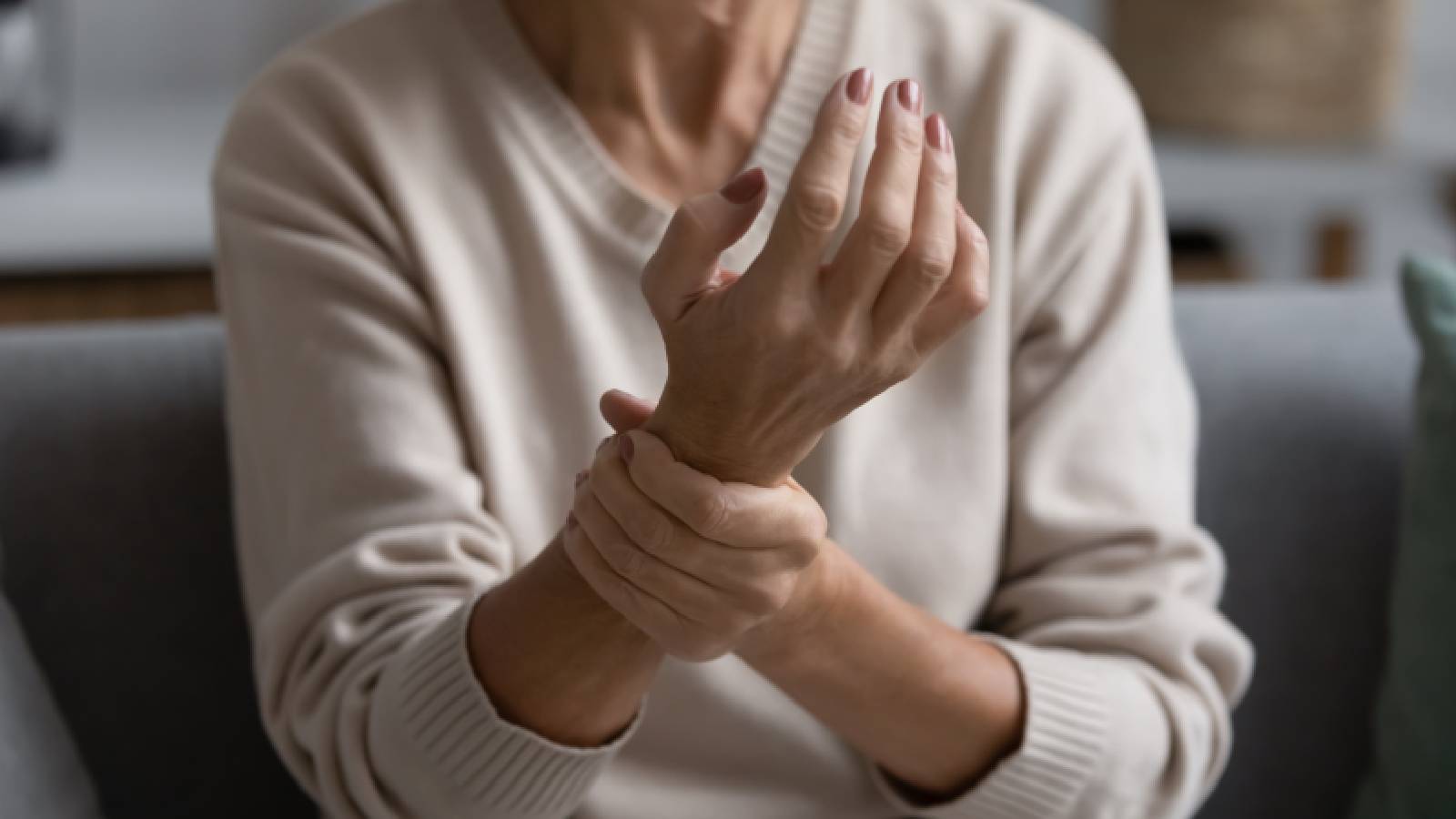
Gullian Barre Syndrome Claims Life in Maharashtra, Over 100 Infected: Key Symptoms to Watch Out For
3 months ago | 5 Views
Following reports of human metapneumovirus (hMPV) affecting people in India, an outbreak of Guillain-Barré Syndrome (GBS) has also been reported. The rare neurological disorder has resulted in one death in Solapur, Maharashtra, and 101 confirmed cases in Pune. While this has sparked concern, the Neurological Society of Pune has reassured the public, urging them not to panic. A seven-member central team is set to assist local health authorities in controlling the spread of the infection. Raising awareness of the symptoms of GBS is crucial to safeguard against this disorder.
Guillain-Barré Syndrome Cases in Maharashtra
As of Sunday, 101 cases of GBS have been reported in Pune, with one death confirmed in Solapur. The deceased person exhibited symptoms such as cold, cough, and breathing difficulties, initially requiring ICU care before being moved to a regular room. However, the condition worsened, resulting in paralysis and breathing issues before the individual passed away. Currently, 16 patients diagnosed with this treatable disorder are on ventilators. The first suspected case of GBS in Pune was recorded on January 9, with the number of cases continuing to rise. GBS seems to be most common among individuals aged 30 to 50, making it vital to be aware of the symptoms.
What Is Guillain-Barré Syndrome?
Guillain-Barré Syndrome (GBS) is a rare neurological condition where the immune system attacks the peripheral nervous system, which includes nerves outside the brain and spinal cord. The disorder can cause weakness, numbness, and, in severe cases, paralysis. GBS typically develops suddenly and requires immediate medical attention. While treatable, GBS can be life-threatening without prompt care.
Guillain-Barré Syndrome Symptoms
GBS can cause issues with movement, sensation, breathing, and even heart function. Symptoms often begin in the feet and hands, causing numbness and tingling, followed by muscle weakness and difficulty moving joints. The symptoms typically worsen over the first 2 to 4 weeks. Here are the 10 most common symptoms of Guillain-Barré Syndrome:
1. Tingling or sensation in the feet and hands
One of the first Guillain Barre syndrome symptoms is a tingling sensation or feeling of pins and needles, usually starting in the feet and hands. This feeling may spread to other parts of the body, such as the arms and upper body, as per the Centers for Disease Control and Prevention. It is an early warning sign that your nerves are being affected.

2. Muscle weakness and numbness
Weakness and numbness are among the initial symptoms of Guillain-Barré Syndrome (GBS). Many individuals report a gradual weakening of muscles, particularly in the legs and arms. As the condition advances, the weakness may intensify, making it increasingly difficult to move muscles or perform even simple tasks. In severe cases, this can lead to partial or total paralysis, especially in the limbs, according to Johns Hopkins Medicine.
3. Difficulty Speaking and Swallowing
Trouble speaking and swallowing is another concerning symptom of GBS. Known as dysphagia, this condition can make eating and talking challenging. Individuals with GBS may struggle to swallow food or liquids, raising the risk of choking or aspiration (food or liquid entering the lungs).
4. Imbalance and Clumsiness
As GBS progresses, patients often experience difficulty with balance and coordination. Walking may become unsteady, and standing may become difficult due to weakened muscles. Approximately 3 out of 20 people may experience long-term weakness and may require assistance walking, as noted by Johns Hopkins Medicine.
5. Gastrointestinal Problems
In some cases, GBS can affect the digestive system, leading to symptoms like diarrhoea or other bowel issues. This can cause discomfort and disrupt normal digestion. While not everyone with GBS will face gastrointestinal symptoms, some may also experience difficulty controlling their bladder or bowel movements.
6. Pain in Limbs and Spine
Pain is another common symptom of Guillain-Barré Syndrome. Many people report aching, stabbing, or deep discomfort in their limbs, particularly the arms and legs, or along the spine. As the condition worsens, the pain can intensify and may interfere with daily activities and sleep.
7. Vision problems
Vision problems can also arise in individuals with Guillain-Barré Syndrome (GBS). Some may experience double vision or difficulty controlling eye movements, according to the National Health Service. This happens because GBS can affect the nerves responsible for the muscles around the eyes, impairing the ability to focus or coordinate eye movements.
8. Breathing Difficulties
Breathing issues are among the most serious symptoms of Guillain-Barré Syndrome and can become life-threatening. Approximately one-third of those with GBS experience weakness in the muscles that control breathing, as reported by the World Health Organization. This can make it difficult to take deep breaths or breathe normally, leading to shortness of breath and a sensation of suffocation. If the respiratory muscles become too weak, mechanical ventilation may be required to assist with breathing.

9. Rapid heart rate and blood pressure issues
In addition to breathing difficulties, Guillain-Barré Syndrome can also affect the heart. Individuals with GBS may experience a rapid heart rate (tachycardia), fluctuations in blood pressure (either high or low), or abnormal heart rhythms. These cardiovascular changes can complicate the condition and necessitate close monitoring.
10. Paralysis (in severe cases)
In the most severe instances, GBS can lead to paralysis. This often begins with weakness in the legs, gradually spreading upward to the arms and face, as noted by the World Health Organization. Paralysis may be temporary or permanent, depending on the severity of the case. In rare instances, it can result in complete paralysis, requiring intensive medical care, including the use of a ventilator for breathing support.
These are the typical symptoms of Guillain-Barré Syndrome, but it's important to recognize that each person may experience slightly different signs. While some symptoms can become life-threatening, many individuals recover fully with appropriate treatment. However, persistent fatigue and pain are common in many cases.
Read Also: Can Ginger Shots Help Clear Acne and Improve Skin Health?
Get the latest Bollywood entertainment news, trending celebrity news, latest celebrity news, new movie reviews, latest entertainment news, latest Bollywood news, and Bollywood celebrity fashion & style updates!





















